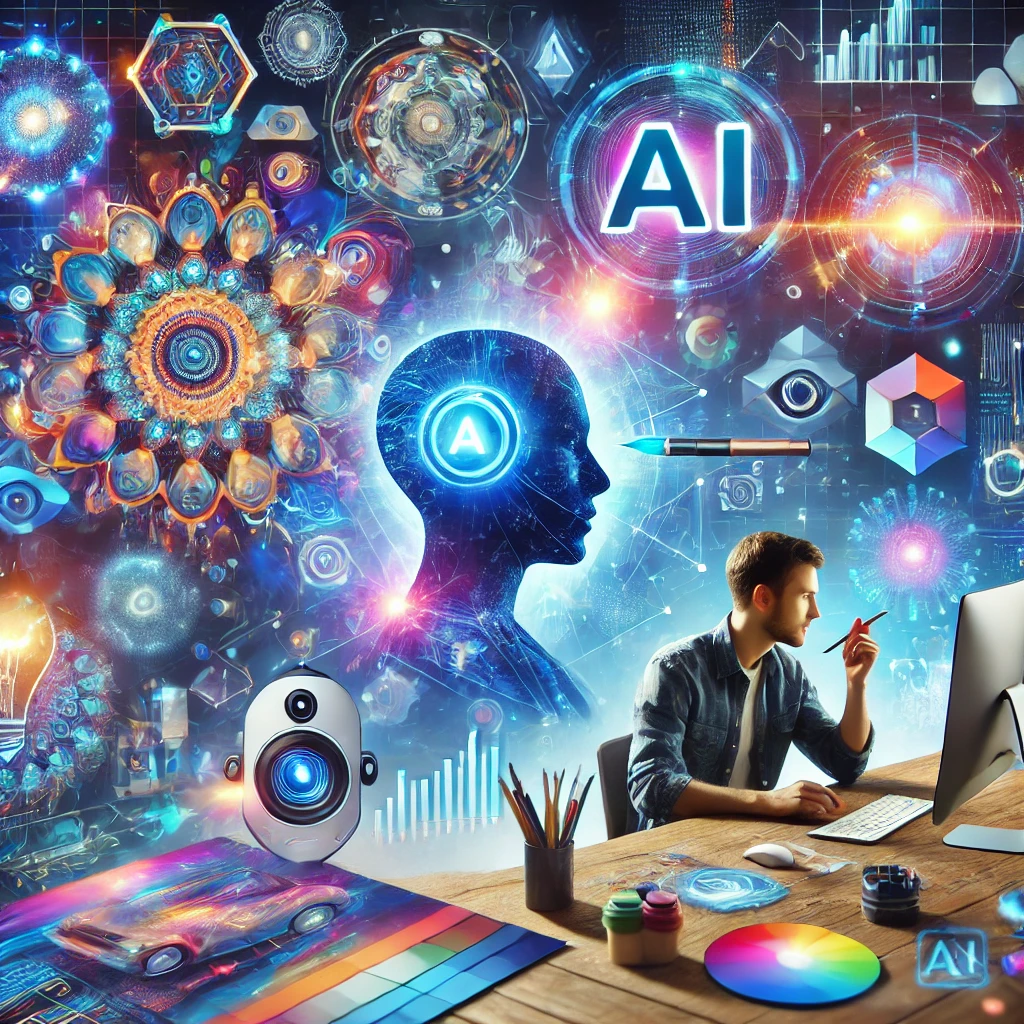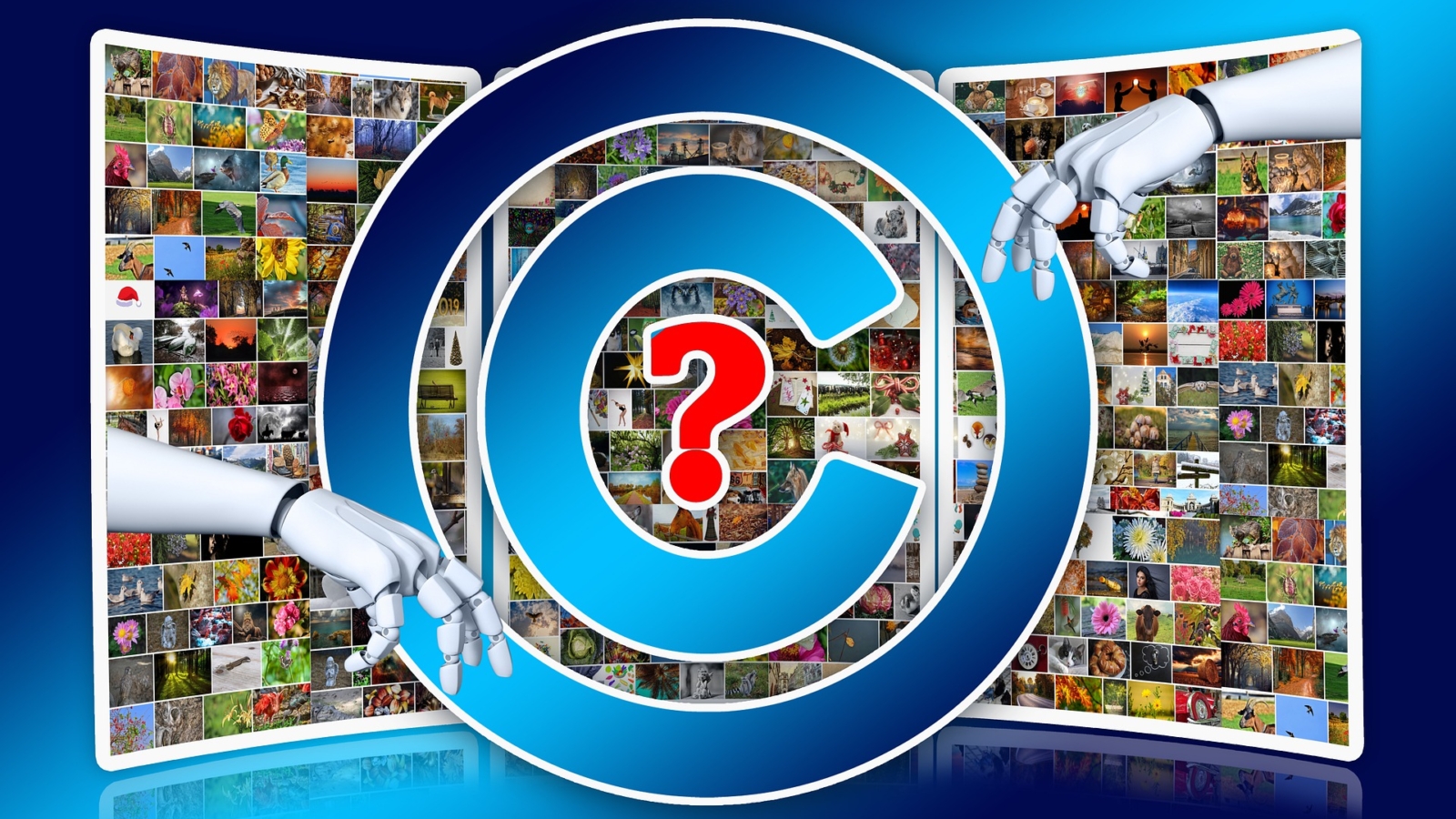Artificial intelligence has had an important impact on changing the nature of work in industries and has redefined human-machine collaboration. With the dynamism that characterizes AI technologies, businesses across many sectors are taking this kind of capacity very seriously for considering it a way of generating more efficiency, productivity, and innovation within their respective lines.
AI augments current jobs and automates others, uses predictive analytics, personalizes customer experience, and creates newer opportunities in shaping the future landscape of work.
AI Finds Ground in Industries
AI has been congregated through industries eclipsing over its gala ability to process large volumes of data and performing complex tasks with precision incomparable to human abilities. In manufacturing, for instance, AI-powered robots are redefining the production line process by handling the repetitiveness of more production with more efficiency and notably fewer mistakes. Not only does automation reduce costs, but it also allows human workers to focus on doing things that are of higher value where creativity and problem-solving skills are essential.
In the same way, even AI — in its aspect of health— is helping to advance diagnostics and patient care. Through machine learning algorithms, analization of medical images and data of the patients will be carried out to diagnose diseases in its earlier stages, hence giving much accuracy in the diagnosis and personalized treatment plans. The AI-powered chatbots and virtual assistants similarly enhance the interaction with patients through instant replies to queries, thereby assisting healthcare providers in managing their loads.
The Knowledge Economy and AI
In the knowledge economy, AI is playing a role beyond conventional industries by making organizations capable of extracting insights from the data and making informed decisions. Financial institutions are enhancing fraud detection, risk assessment, and algorithmic trading to secure investments and optimize strategies involving investments. In the legal sector, AI is furthering aids equipping lawyers to conduct legal research, draft contracts, and predict case outcomes for smoothing workflows and better delivery of legal services.
Furthermore, the AI-powered personalization is transforming both retail and marketing. Retailers employ AI in modeling customer preferences and shopping behaviors, urging better customer satisfaction through personalized supply, whether it be product recommendations or targeted marketing campaigns, thus driving sales and accruing brand loyalty under the conditions of very strong market competition.
An Evolution of Jobs in the AI Era
Artificial Intelligence, with all its possibilities to streamline processes and up efficiency, equally has the flipside integrated into industries. At large, the future of jobs and their impact on the workforce is in question. Fears are raised over the possibility of work replacement resulting from automation in jobs comprising of routine tasks. However, authorities are more likely to enhance human capabilities rather than replace these authorities by artificial intelligence.
A prediction of the World Economic Forum was that despite all job losses through AI, the broad diffusion of AI will create a new range of jobs in places such as data science, machine learning engineering, and AI ethics. All these roles require special skills in programming, data analysis, and algorithm development and thus highlight the need for upskilling and continuous learning in a highly AI-driven economy.
AI is further empowering the gig economy in connecting freelancers and independent contractors with job opportunities through online platforms and digital marketplaces. Embracing this flexible model, employees can now freely utilize their capabilities across multiple projects and organizations, promoting entrepreneurship and making our labor force agile in this digital era.
Ethical Considerations and Challenges Securing potential huge changes, popularization of AI raises several ethical questions and challenges: from data privacy to algorithmic bias and ethics in autonomous decision-making systems. The area posited as ethically requiring thorough regulation and governance is AI’s transparent, fair, and accountable deployment in sectors.
It shows the emphasis laid down for more responsible AI practices underlining human well-being and societal benefits. More organizations are, therefore, embracing AI ethics frameworks and guidelines to forestall risks and ensure AI technologies are developed and used in ways that align with leading ethic principles and values.
Building a Future-ready Workforce
As AI technologies increasingly diffuse into industries, there arises a felt need to have a future-ready workforce that is able to move along with the fast-paced technological changes. Education and training programs that provide citizens with digital literacy, technical skills, and critical thinking abilities form the core of preparing a worker for an AI-driven economy. There also has to be a continuous lifelong learning and upskilling culture so that an individual remains relevant and competitive in a rapidly changing job market. This, therefore, implies collaboration between the policymakers, educators, and industry stakeholders in coming up with comprehensive strategies that will further workforce development toward inclusive economic growth in the age of AI. Person: In summary, AI is taking over industries and designing new opportunities that promise a totally new future. But as AI-driven automation offers more opportunities for innovation, efficiency, and growth in the economy, it is also bestrode with the challenges concerning job displacement and ethics. Yet it is a future in which, with thoughtful regulation, responsible AI practices, and investments in quality education and skills development, we can harness the transformational power of AI for a more inclusive and sustainable future—in which humans and machines work together to improve progress and foster prosperity. It is a question of harnessing the rewards of technological progress while protecting human values with regard to a new way of working in the era of AI and making sure AI serves the broader good of society. This may bring about a future in which AI strengthens human potential, drives innovation, and yields a fairer, more resilient economy for future generations.

 Cart is empty
Cart is empty 
Leave A Comment